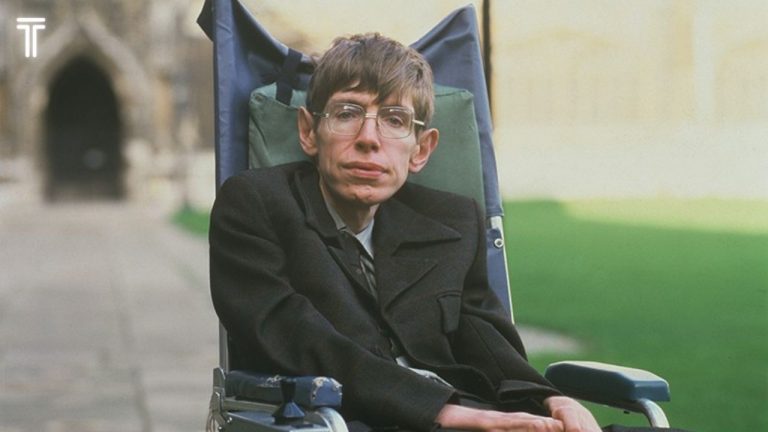
Marking what would have been the 80th birthday of cosmologist Stephen Hawking, Google wished him a happy birthday with an interactive doodle on their search page.
Hawking was born in Oxford, England, on January 8, 1942. The British physicist has done groundbreaking work on black holes and relativity even though he is almost entirely paralyzed and communicates only through a computer-based speech system.
He was diagnosed with amyotrophic lateral sclerosis (ALS) at age 21 and was given only two years to live. Shortly after his diagnosis, Hawking visited the research department of neurology at Cambridge University where he met with Dennis William Sciama, a researcher in cosmology who had an interest in the relation between general relativity and cosmology. Hawking’s work with Sciama would continue for 30 years until his retirement.
Also Read: The Michigan-Michigan State Game Is Postponed Because The Wolverines Are Dealing With COVID-19.
“Over the years, we became good friends,” Sciama told the Guardian in 2011 after Hawking’s award of the US Presidential Medal of Freedom. “And I had many visitors from all around the world, who wanted to know about Stephen and his work. He has certainly had an eventful life.”
After graduating from University College at Oxford in 1962, Hawking went on for graduate work at Cambridge’s Department of Applied Mathematics and Theoretical Physics (DAMTP) where he studied under cosmologist Dennis William Sciama. After receiving his Ph.D. at Cambridge, Hawking held postdoctoral research positions at Caltech, CITA, and DAMTP. In 2009 Stephen Hawking became a member of the National Academy of Sciences of the USA.
Hawking is currently director of research at the Centre for Theoretical Cosmology within the University of Cambridge Department of Applied Mathematics and Theoretical Physics.
In 1979, Hawking proposed what is known as the second law of black hole dynamics, which states that the total surface area of a black hole will never get smaller. In 1988, he realized that this would lead to the emission of radiation from black holes and took a bet with Caltech astrophysicist Kip Thorne that this would never be detected. Hawking conceded the bet in 1990, and the radiation that is emitted by black holes as a result of quantum effects was finally observed in July 2013.
Hawking has authored several popular science books including A Brief History of Time, which stayed on the British Sunday Times best-sellers list for an unprecedented 237 weeks.
To get more related content related to Entertainment, Technology, Windows Fixes, Do-Follow Tremblzer. On Google News